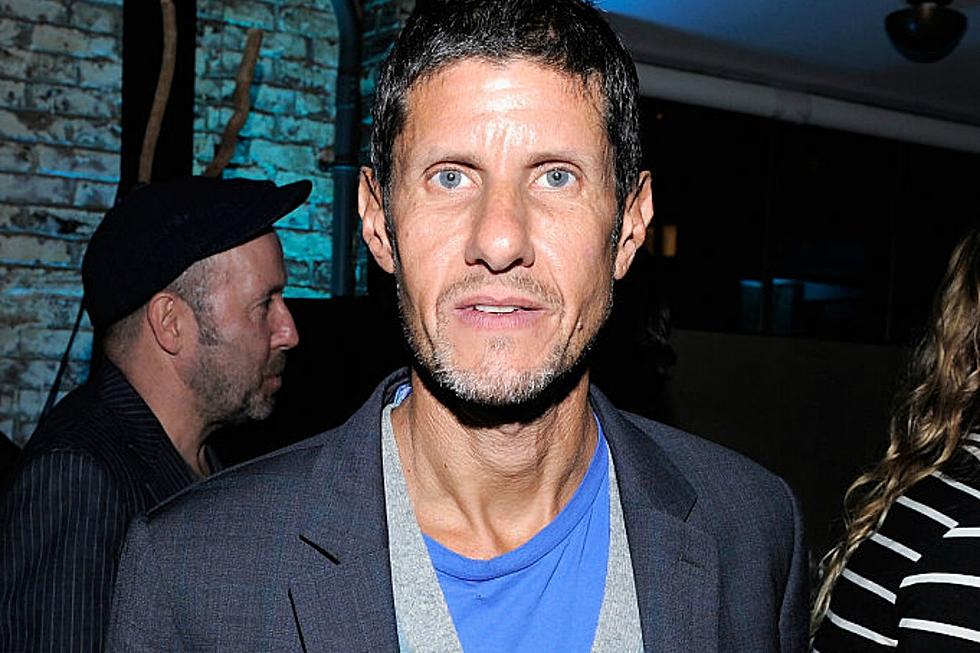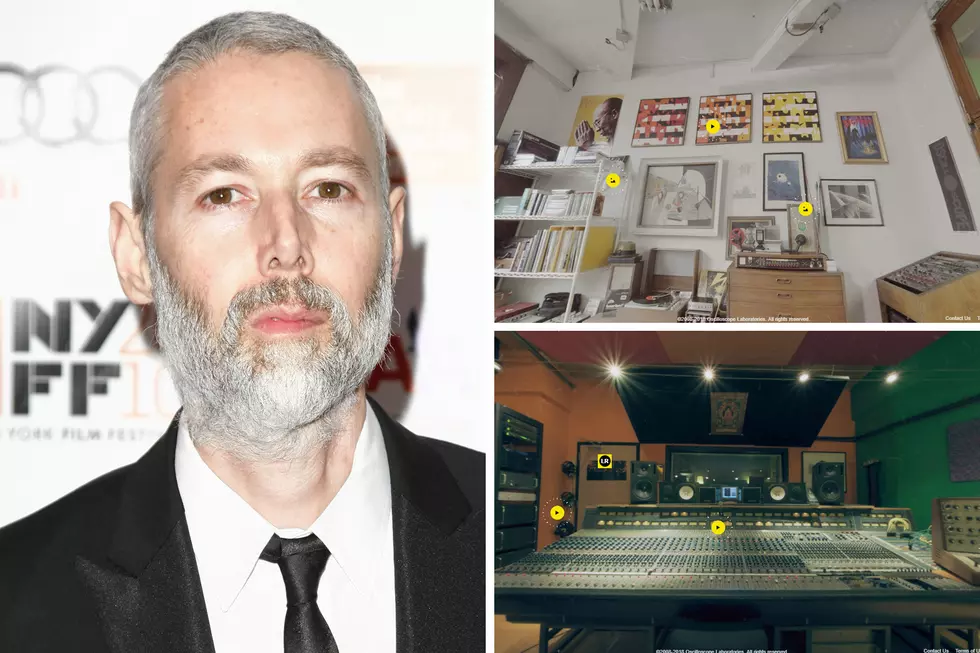
Mike D Talks Beastie Boys’ Legacy, America, and White Rappers
Vulture caught up with Mike D of Beastie Boys for an in-depth interview.
Beastie Boys, who had the first rap album ever to go to No. on the Billboard Top 200 with 1986's Licensed to Ill, had a significant impact on rap culture, particularly in the 80s when the genre was first emerging as a mainstream entity.
Mike D, now 52, hosts the Beats 1 radio show The Echo Chamber, occasionally DJs and has recently written a memoir with Ad-Rock. In the lengthly interview, he opens up about how the death of Adam “MCA” Yauch in 2012 affected him, his thoughts about current hip-hop, and why it's important to be a global citizen, especially in the age of Trump-politics.
Take a look at some of the standout moments in the interview.
On coming to terms with Adam Yauch's death:
After what happened with Adam [Yauch], I realized that life can be short. Especially being a parent, the moments I appreciate most are when I’m with my kids and we’re all experiencing something together. It’s very difficult to do. Your kids get older and become more autonomous, and when you’re in that cave of Brooklyn or L.A. you’re going to default to a certain mundanity of existence. That’s not what I’m in the market for.
On avoiding cultural homogeneity:
It’s that I want my kids to experience diversity. I think it’s important to travel the world with them. And it’s also about breaking open the myth that the United States is this leading majority. We’re not. Indonesia, where we’ve been living, is going to overtake the U.S. in population within my kids’ lifetime. I want to my kids to have the opportunity to see themselves as a citizen of the world and not only America — whatever the hell America means today. At this point, in the world of Trump’s politics, there’s so much upside to be had by breaking down the whole idea of nationalism. My kids’ peers at school are from all around the world, not just the Upper West Side or Brooklyn. I really think that helps them think differently about the world in a positive way.
On white rappers and cultural appropriation:
I’ll say that when we pulled up in that limo wearing our Puma suits — that was the first and last time we did it. We realized we looked like fucking clowns and we felt like fucking clowns. We had to learn to be ourselves, and we made it work culturally and were accepted as rappers because were able to be ourselves and not anybody else.
You can read the interview in its entirety over at Vulture here.
The 25 Greatest Rap Albums of 1991
More From TheBoombox









